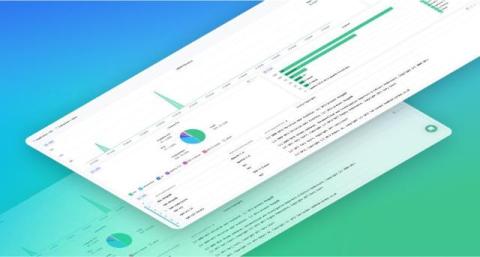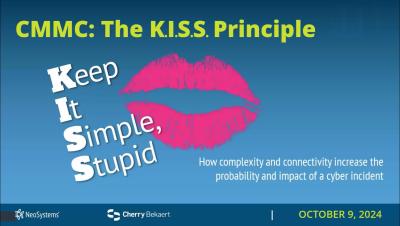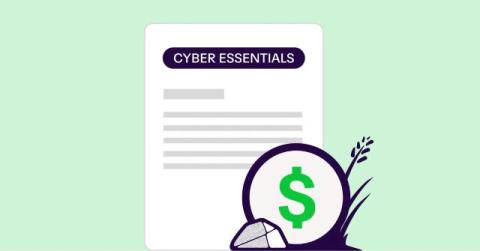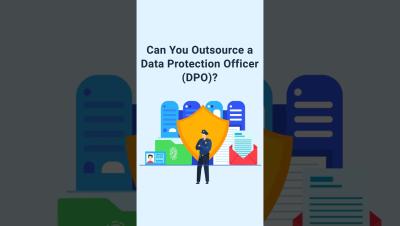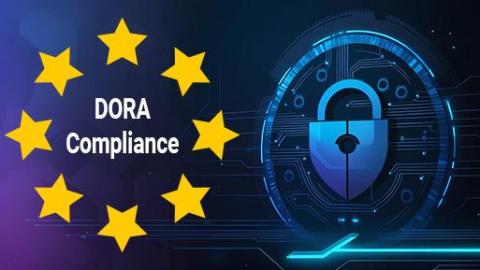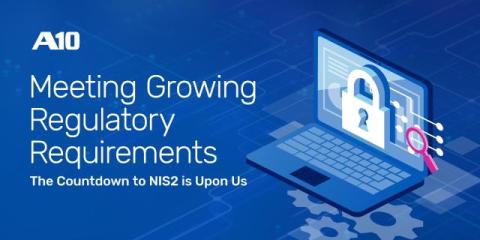Track SBOM Compliance with Coralogix
A Software Bill of Materials (SBOM) is essentially an inventory of the components used to build a software artifact, such as an application. While the concept of tracking an application’s components is not new, its importance has grown in recent years due to the rising threat of software supply chain attacks. One significant example is the SolarWinds attack, which highlighted how threat actors are increasingly targeting vulnerabilities in software components during the delivery process.


